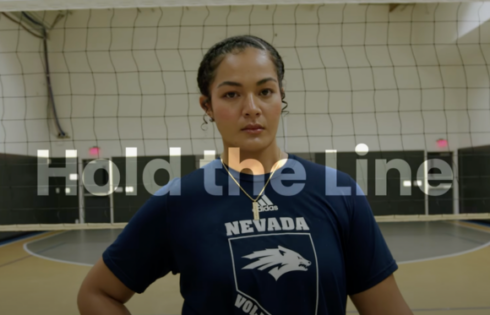 Cats are being tormented and pigs are being stabbed in the heart at the University of Michigan, according to People for the Ethical Treatment of Animals, the largest animal rights organization in the world.
Cats are being tormented and pigs are being stabbed in the heart at the University of Michigan, according to People for the Ethical Treatment of Animals, the largest animal rights organization in the world.
Since early September, University of Michigan Health System has been dealing with this issue. On its website, PETA accuses nurses in U-M’s Survival Flight course of “tormenting live cats and pigs” despite having access to simulators which teach the same skills. The site urges readers to contact university officials by e-mail.
Dr. Joseph Kolars, Senior Associate Dean for Education and Global Initiatives for University of Michigan Health System, is one of the university officials to which e-mails have been directed. He said he has received over 40,000 since September.
“Some have threatened violence,” said Kolars, adding that the police are watching over the officials and Department of Public Safety is also involved.
The course under fire is required for all survival flight nurses, who are responsible for critical care transport, specifically for critically ill or injured patients. Similar to critical care or emergency room nurses, survival flight nurses work in emergency situations.
Kolars said there is some validity in PETA’s complaints regarding the course, but that it is not as dramatic as the language used.
PETA has asserted that cats are frequently killed after procedures used for intubation training, but this may be a case of exaggeration on PETA’s part.
“We are down to, at most, one or two cats per year,” said Kolars, “and they are not killed, but adopted afterwards.”
The pigs are used to make sure nurses can get IV catheters into blood vessels.
“The university uses more pigs in the cafeteria per day than we do in a year for this course,” said Kolars.
He adds that 99 percent of the survival flight course training takes place on models, which means the number of hours spent on live animals amounts to about 30 per year for the entire program. Much of PETA’s outrage stems from the belief that simulators can be used in place of live animals.
The Michigan Animal Rights Society, a student group, has also been involved. The group has been distributing literature, protesting outside the pep rally for the homecoming game in October, and speaking out at the U-M regents meeting.
“Our stance is that the simulators would train nurses just as well in skills they need to learn,” said Joseph Varilone, president of MARS.
Donna Robinson, supervisor of the U-M hospital survival flight nurses disagrees.
“Nurses don’t get training on cadavers or tissue training in nursing school. We don’t have scalpel time to learn procedures,” she said. “No plastic or rubber can simulate cutting through tissue or layers of muscle.”
Besides this, there is a pressure component when dealing with live animals, said Robinson, “It makes you more aware and more cognizant of what you are doing.”
Robinson, who has taken the course, said she fully supports its continuation. UMHS also stands by the policy of using animals.
According to a UMHS official statement, a US Department of Agriculture official visited in early October. U-M received no citations or deficiencies.
Still, when PETA arranged a day of phone calls to President Mary Sue Coleman’s office on Dec. 8, the volume of calls was so high that Coleman’s office had to set up a touch-tone phone menu to screen calls.
Kolars said he would love to phase out animal use in labs entirely, but at the time, it just isn’t plausible.
“We are getting better at replicating the human biological system and the use of animals is shrinking,” he said, but “despite how good simulators are, they are still not living tissue.”
Stephanie Wang is a staff writer for the Michigan Review. She is a member of the Student Free Press Association.
Like The College Fix on Facebook / Follow us on Twitter





Please join the conversation about our stories on Facebook, Twitter, Instagram, Reddit, MeWe, Rumble, Gab, Minds and Gettr.